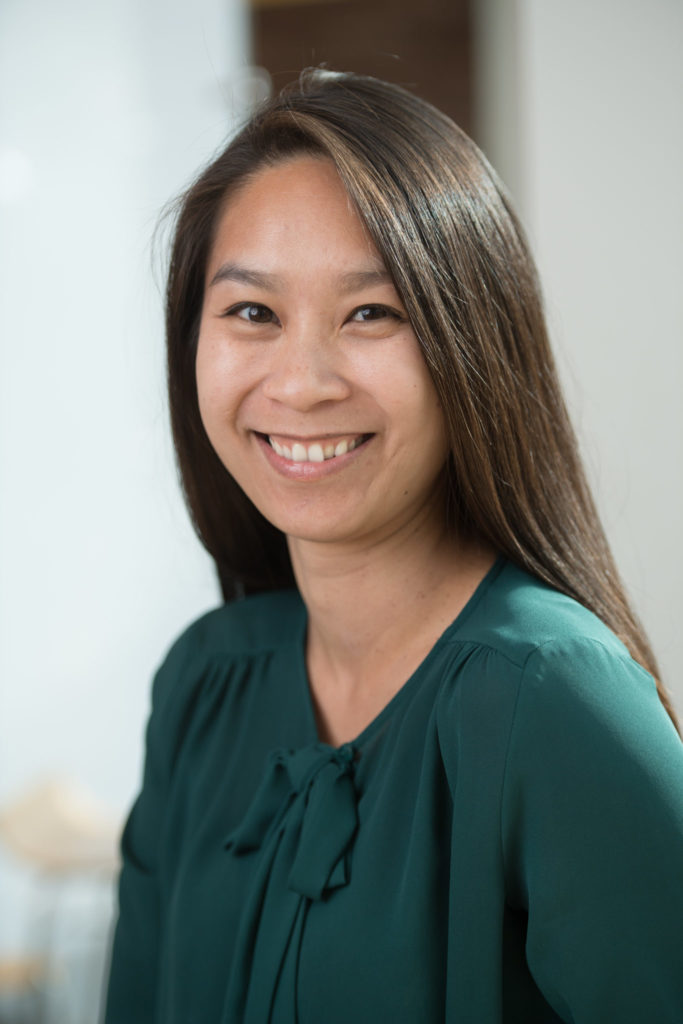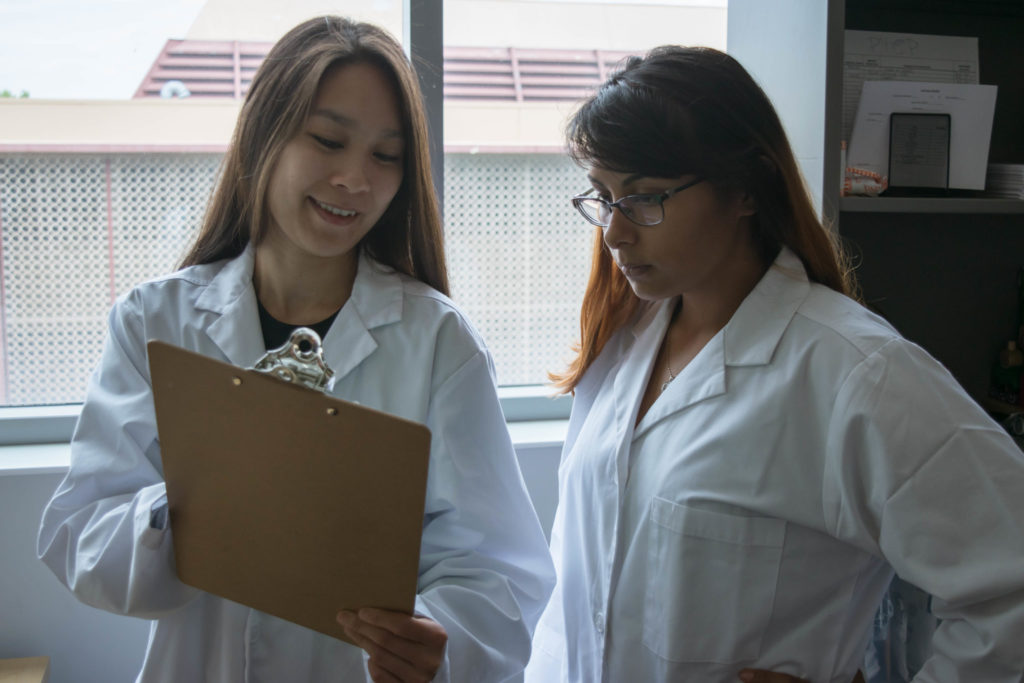Experiencing stress is one thing, but understanding what stress is, and how we respond to it, is a bit harder to fathom. Gloria Luong, a Colorado State University assistant professor in the Department of Human Development and Family Studies, aims to learn more about stress and how our responses to it change as we age.

Luong recently attended the 2017 Butler-Williams Scholars Program. The event, which is sponsored by the National Institute on Aging, serves as a training program for early career professionals who are interested in aging research and funding opportunities.
Luong’s research investigates the affective, cognitive and physiological components of stress and how it changes in relation to age. According to Luong, there are a number of ways we manage stress, including psychological mechanisms called “emotion regulation strategies.”
“Think about if you are on a first date and you’re watching a scary movie,” Luong said. “We tend to suppress our responses, hide the expressions that show you are terrified. We also do something called cognitive reappraisals, where we reassure ourselves that the gory scenes are fake. These strategies allow us to downplay the stressor.”
Luong’s interest is in understanding how stress responses change with age. “The kinds of stressors we experience as we age are more serious,” Luong said. “Our health starts to decline, and we experience things you likely are not going to experience when you are younger, such as a loss of a loved one or divorce.”
Yet, Luong reports that adults who are 65 years or older typically are able to regulate their emotions better than their younger counterparts, 18 to 35-year-olds. Some studies, however, have been inconclusive due to some inconsistencies in the stressors researchers were studying.
 “A lot of previous studies were mixing up the kind of stressors that participants were exposed to,” Luong said. “There are stressors that naturally occur in people’s daily lives, and there are novel stressors or artificial lab stressors, like giving a speech or taking a cognitive test, but it is important to look at both.”
“A lot of previous studies were mixing up the kind of stressors that participants were exposed to,” Luong said. “There are stressors that naturally occur in people’s daily lives, and there are novel stressors or artificial lab stressors, like giving a speech or taking a cognitive test, but it is important to look at both.”
Now, through the means of a multimethod approach, Luong seeks to create a firm foundation and understanding on human aging and stress responses. And, through this framework, Luong believes steps can be taken to better improve the lives of people.
“Stressors and our reactions to stressors pose a risk to our health. However, we don’t know if age is necessarily related to our vulnerability to stressors.” Luong said. “By studying this, we can learn where and when to apply our efforts.”
The Department of Human Development and Family Studies is part of the College of Health and Human Sciences.